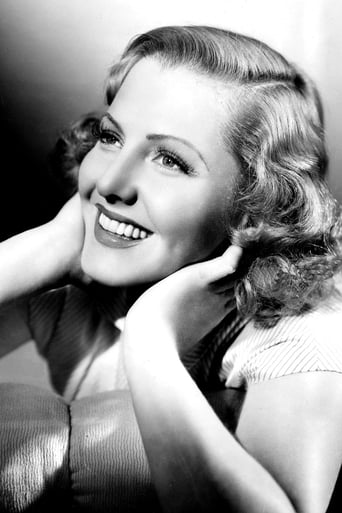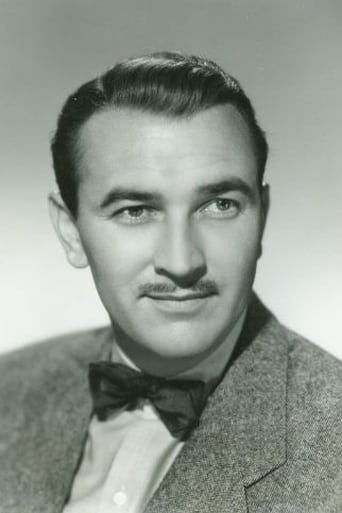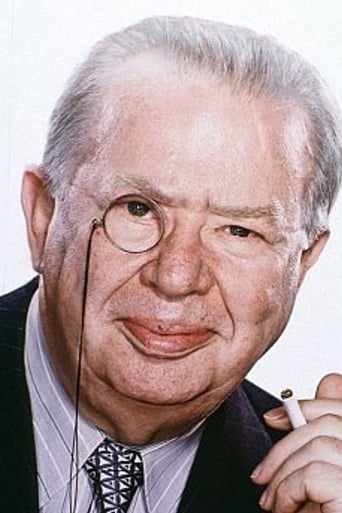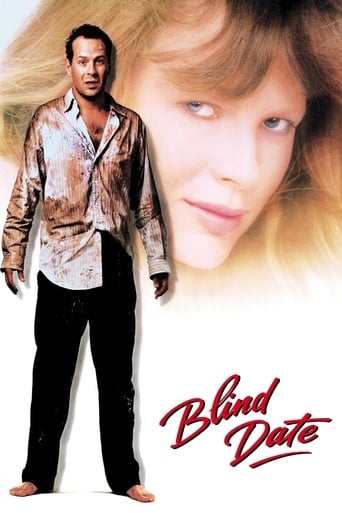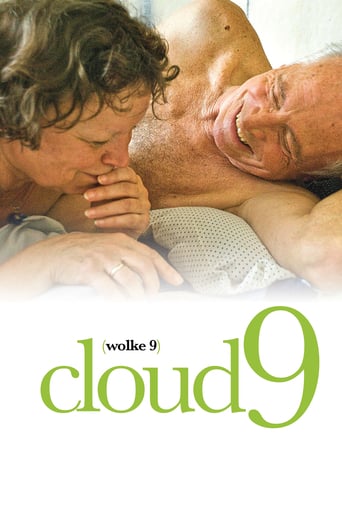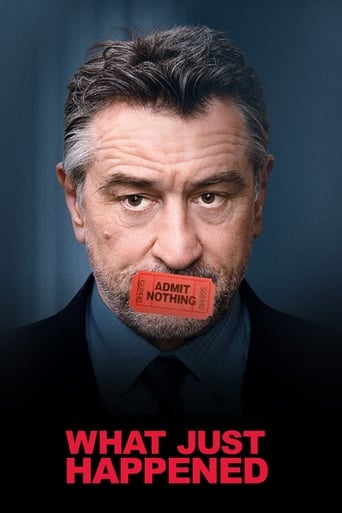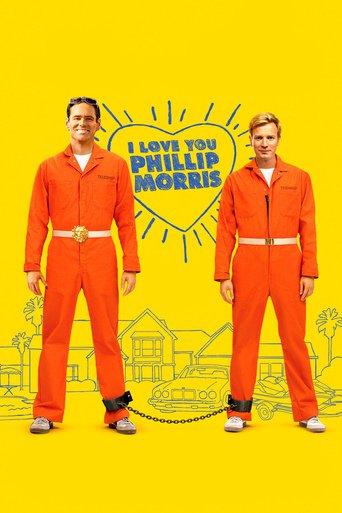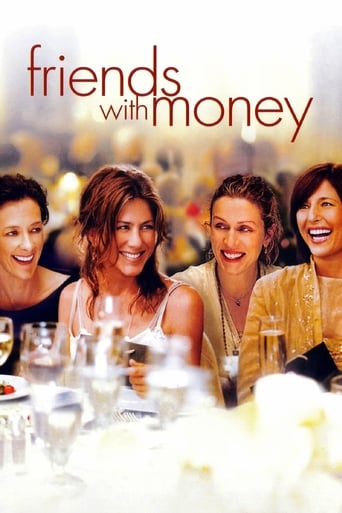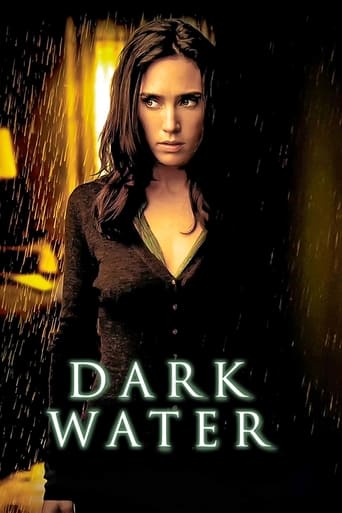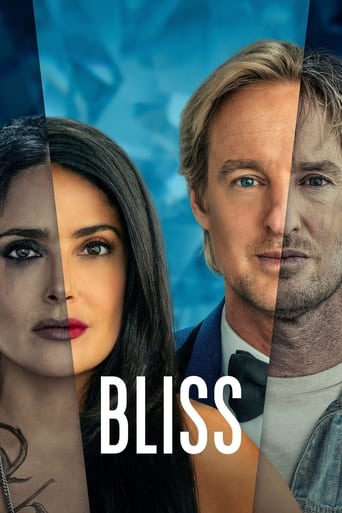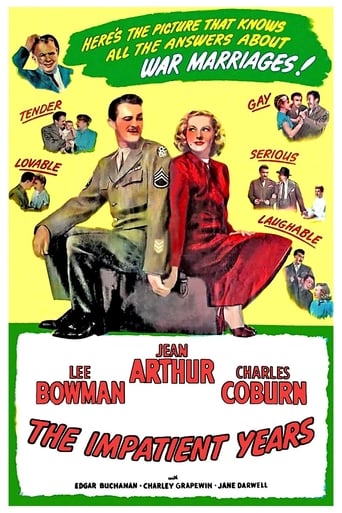
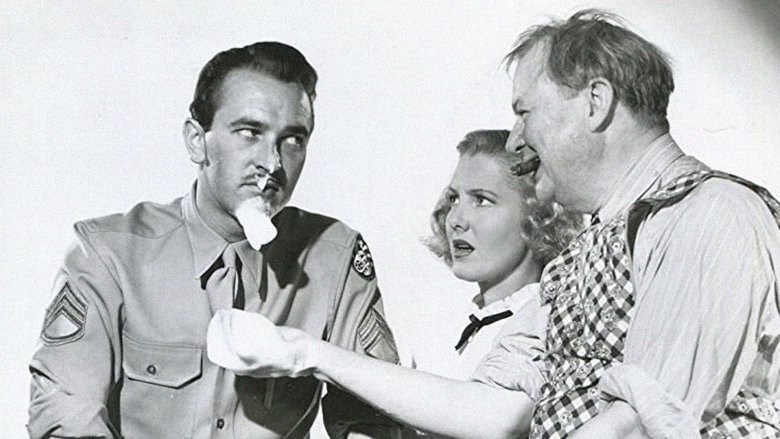
The Impatient Years (1944)
Standing before a divorce court judge are Sergeant Andy Anderson and Janie Anderson asking him to dissolve their marriage. Janie's father, William Smith, objects and the judge allows him to give his version of their story. They had met in San Francisco fifteen months earlier and, after knowing each other only three days, had gotten married. Andy was sent overseas the day after the wedding and when he returns and despite the fact that Janie had borne him a son, they find they are almost strangers. Mr. Smith suggests, and the judge orders, that if they retrace their actions over the four days they knew each other they would regain their love.
Watch Trailer
Cast


Similar titles
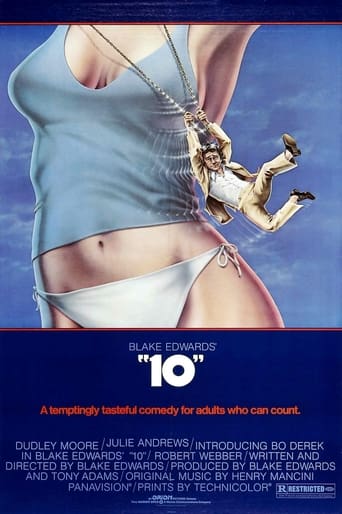
Reviews
Comedy and drama is not a common mix of the silver screen. Probably because it's a tough thing to blend the two and have the end product come out well. Meaning, of course, that it is palatable to the public. When it works, it usually provides a sparkling product. "The Impatient Years" is one such film. It combines comedy and drama with some other genres as well. Wartime romance, love and family are part of this 1944 Paramount film. I couldn't help but think how this film must have struck a chord with some audiences of the day. World War II had been raging for five years, and America's young men had been in the fight nearly three years. Some childhood sweethearts married before the young men went off to war. Many couples met while servicemen were on furlough stateside, and some married during leaves. What must it have been like for those couples on their next meeting, or after the war? "The Impatient Years" looks at that situation and addresses the question with an eye of realism. The screenplay is superb as it combines comedy with the drama. It doesn't dodge the difficulties such couples might encounter. But it uses comedy to lighten some moments. Underneath the surface, little embers of the original romance that led to this union still smolder. We of the audience want to nudge the guy or the girl to make the first move. Finally, a plot to have the couple relive their meeting and whirlwind romance and marriage is the vehicle to ignite the spark of their love. And that happens with absolutely howling humor. Jean Arthur, as Jamie Anderson, shows the range of her talent and acting abilities. She was undoubtedly one of the finest comediennes of the silver screen in the 20th century. Her humor wasn't slapstick, antics or witty dialog. Rather, it was situations. Those involved more ability for acting, and none could do better than Jean Arthur. With mood swings, character changes, facial expressions or changes in voice, Arthur could segue from serious to funny at the drop of a pin. Lee Bowman is a fine match as Staff Sergeant Andy Anderson. Bowman is hardly remembered today. He never rose to the top as a leading man in Hollywood. But for the late 1930s and through the 1940s he had leads in some lesser films and played top supporting roles in some first rate films. In "Impatient Years," he has some of the funniest retorts – all delivered with a straight face or turn away.The supporting cast for this film are all very good. Charles Coburn is wise and funny as Jamie's dad, William Smith. Charley Grapewin and Grant Mitchell are hilarious as the hotel bellboy and clerk, respectively. This movie has a happy ending, and may have been an encouragement for young couples who wed during the war. For audiences far into the future, it's a sentimental and humorous look at a time in history with particular unusual situations in the starting of families. The film doesn't dodge the awkwardness and difficulties of young wartime couples setting up house. And its last half hour has some of the most hilariously funny scenes ever put on film.
When a couple who married impulsively are separated after three days and reunited after he returns from active military duty, they discover they don't even know each other and decide to divorce even though she has had a child. The wife's father doesn't approve of the divorce, and the judge decides to test their marriage even further by sending the couple back to where they first met to re-live their romance. Both are stubborn, but with the interference of some eccentric characters, this couple just might find out the hard way that they do love each other.Jean Arthur and Lee Bowman are the young couple thrown together by circumstance in a situation they don't want to be in with the other. Charles Coburn is the delightful papa who interferes with the couple, and "Uncle Henry" Charley Grapewin is the over-the-hill bellboy in the San Francisco hotel who takes it upon himself to keep them together no matter what. Edgar Buchannan (as the judge), Harry Davenport (justice of the peace) and Jane Darwell (his wife) offer support and much advice, particularly that of how war-time weddings weren't always thought through, a reflection of the loneliness of the era even though it was a very romantic time, in movies, music and for the homesick sailors on leave longing for the war to end so they could return home.This movie offers a gently written scenario, sweetly spoken in a soft manner that helps with a plot line that at some points seems to be going all over the place. This was Jean Arthur's last contract film at Columbia, and she gives a very dignified non-frenetic performance. As for Bowman, he seems to be a missed opportunity, a romantic hero that never rose above mostly second leads, this film being perhaps his only chance to become a star. This seems to have fallen through the cracks of classic films to be remembered, perhaps because it is so low-key, a valentine to a softer side of the war.
Based on Jean Arthur's definitive biography, The Actress Nobody Knew, critics, and apparently Oller, did not think much of this film or of Arthur's co-star, Lee Bowman. At the beginning of my foray into classic cinema I would have taken this opinion, and the opinion of other legitimate critics at face value. However, having since discovered many, many underrated gems (and underrated actors) that critics in the past and the present overlook, I decided to watch The Impatient Years and form my own opinion. Jean Arthur is one of my favorite actresses and in "The Impatient Years" (which could also be the title of her fractious tenure at Columbia), she gives one of the best performances of her film career. In contrast to her independent, softly cynical characters of the 1930s, she played slightly befuddled "spinster" roles in the 1940s, but the role of Janie Smith Anderson managed to meld both attributes into an appealing and touching performance. Lee Bowman was equally wonderful in his role as Sgt Andrew Anderson, bringing an assured, low-key type of charm to the screen. I must also praise the supporting cast made up of the fantastic Charles Coburn, and lovely character actors Harry Davenport, Charley Grapewin, Phil Brown, and Grant Mitchell. Clocking in at a well-rounded 90 minutes, "The Impatient Years" is one of those unsung gems full of humor, pathos, and romance, which also takes a good, hard look at the issue of a runaway marriage and the strain of war. I can only imagine how audiences reacted to this film during war-time, and hope that it brought as much joy and entertainment to them as it did for me.
"The Impatient Years" deserves to be rediscovered. The script and the playing by Jean Arthur and Lee Bowman (as Janie and Andy) showed great daring by going against the grain of WW2 romances in showing the reality behind the media-driven fantasy that marrying soldiers during wartime was a patriotic duty and the epitome of romantic love. Arthur and Bowman honestly (and sometimes, painfully) show tentative getting to know someone after a whirlwind courtship followed by service overseas. Jean Arthur's character openly questions the idea of war marriages and advocates her personal fulfillment over being married because society expected a 1940's woman to be married. This was daring for the 1940's as was the character of the boarder, who didn't go off to war; didn't feel stigmatized for not fighting in battle; and who cared for Andy and Janie's baby as if it were his own son.The chemistry between Jean Arthur and Charles Coburn (atlast, playing daughter and father) is as strong and as fun to watch as in their other films together.The pace, music, and editing was lyrical and leisurely. This adds immeasurably to the gentle comedy and strong dramatic moments when Andy and Janie replay their courtship (under court order).Lee Bowman should have become a star from his work in "The Impatient Years". He showed great chemistry with Jean Arthur and could've developed into a Melvyn Douglas-type leading man.A film that deserves a second, even third viewing to appreciate and savor!


